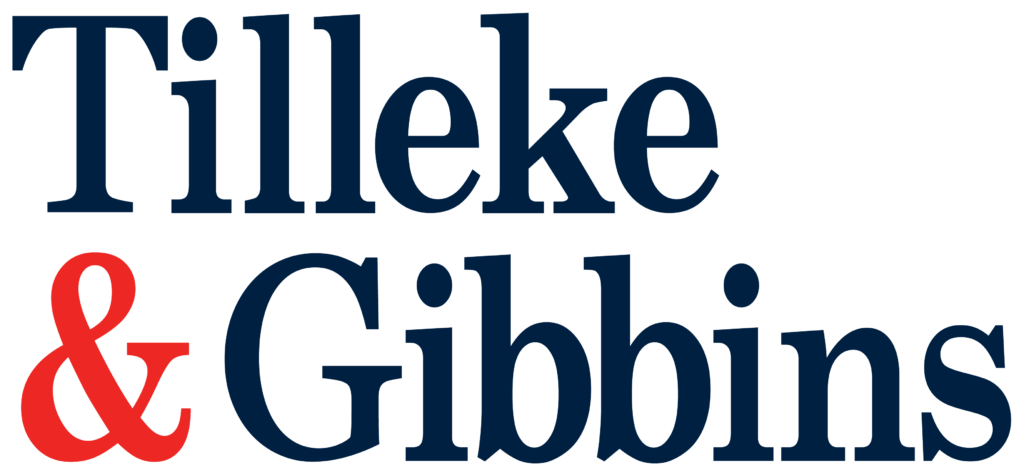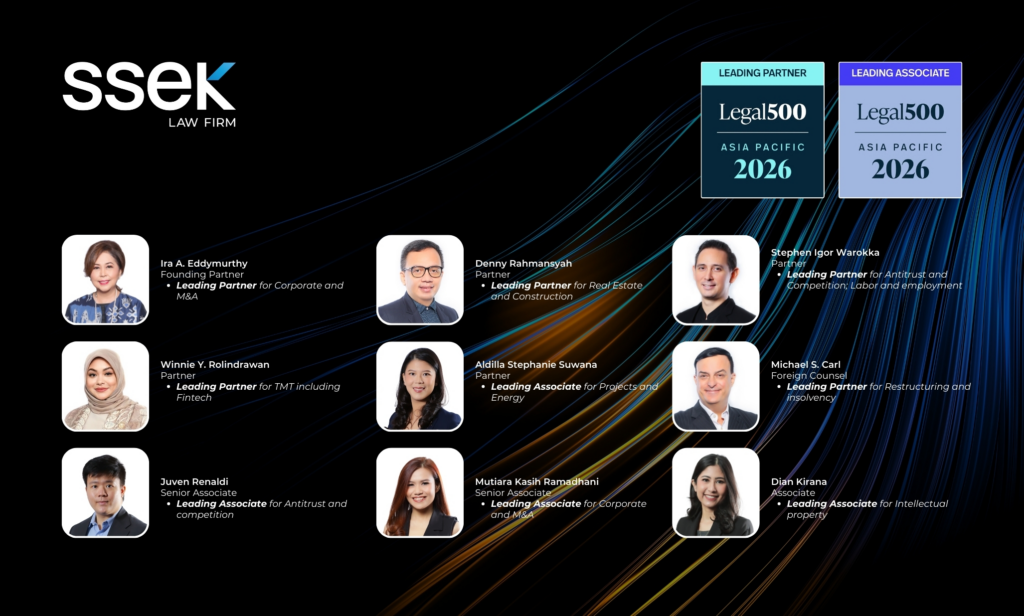Thailand’s Energy Regulatory Commission (ERC) is in the process of reviewing a draft regulation that updates the nationality qualifications for the ultimate shareholders and directors of applicants for an energy business license. The draft ERC Regulation Re: Qualifications, Documents and Application for Electricity Business—which is intended to replace the ERC Regulation Re: Application and Permission for Electricity Business B.E. 2551 and its amendments—is likely to be adopted soon and will affect licensed companies that are foreign majority owned when they apply for or renew their energy business licenses.
The draft regulation requires partnerships, limited companies, and public limited companies to have the following qualifications unless there is an international agreement granting national treatment for a specific commitment (mode 3 or mode 4) or exemption by other laws:
- Juristic persons must be established under Thai law or registered in Thailand with the objective of carrying out electricity business;
- For private limited companies, foreign ultimate shareholders must not hold more than 49% of the total shares, and the number of the foreign shareholders must not exceed half of all shareholders;
- At least half of all directors must have Thai nationality; and
- Any authorized directors must have Thai nationality.
When the draft regulation is adopted, it will not take retroactive effect on previously granted energy business licenses, which will continue to be valid until they expire if there is no material change to the license as defined by the draft regulation. Once the license is up for renewal (energy business licenses are normally issued for a specific period of time), it will be subject to the draft regulation.
All license applications submitted prior to the effective date of the draft regulation and under consideration will be deemed applications for a license under the draft regulation.
As noted above, the new qualification requirements will affect licensed companies owned or controlled by foreign shareholders as specified under the draft regulation. These companies should be prepared to arrange their shareholding structure to comply with the new requirements when the draft regulation is adopted.

For further information, please contact:
Supasit Boonsanong, Partner, Tilleke & Gibbins
supasit.b@tilleke.com





